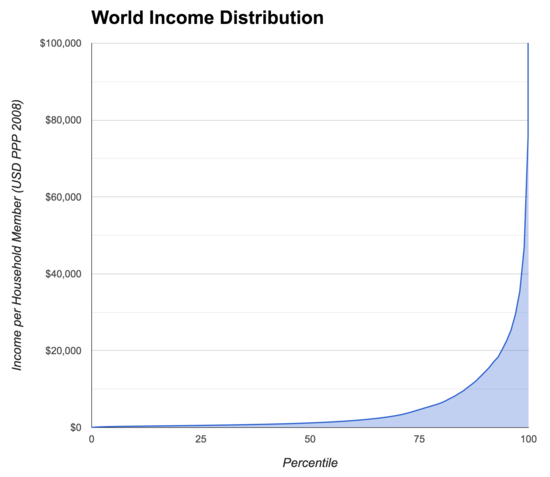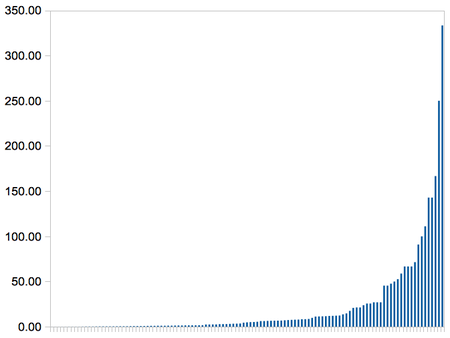Headlines, News, Events
Monday, Harvard saw an unfounded bomb threat from a student who tried to postpone an exam in American Government. Four buildings in Harvard Yard were evacuated and that day's morning exams were, indeed, postponed. Students were given options to take them later that afternoon, in February, or not at all, either electing to be graded on the remainder of the course's assigned work, or on a Pass/Fail scale. But Eldo Kim '16 confessed to sending the emails, and will appear in US District Court tomorrow.
(1)
content warning: domestic terrorism, this section only.
A headline like "Harvard Student, 20, Arrested in Connection with Campus Bomb Scare" (from a local paper) feels strangely alien. Of course, I've seen several "XYZ College senior charged with ABC" headlines, and it always felt distant, not like it was real life. In the Harvard Crimson, I'm used to seeing headlines like "Early Action Acceptance Rises to 21 Percent" and "Donning Hats, Capes, and Little Else, Harvard Students Celebrate Primal Scream".
This is, of course, not the first time Harvard has had negative press recently. But stories like "Cheating Scandal at Harvard" and "Harvard Grade Inflation Rampant" and even "Harvard Stripped of Quiz Bowl Titles" seem perversely Harvardian in their accusations: "Cheating Scandal at Harvard -- Even the Best Do It!"; "Harvard Grade Inflation Rampant -- Getting in is the Hardest Part, After All!", and so on. After all, I've complained to more than one friend that "this wouldn't be news if we weren't Harvard".
But "Student Arrested for Bomb Threat"? Today, the





